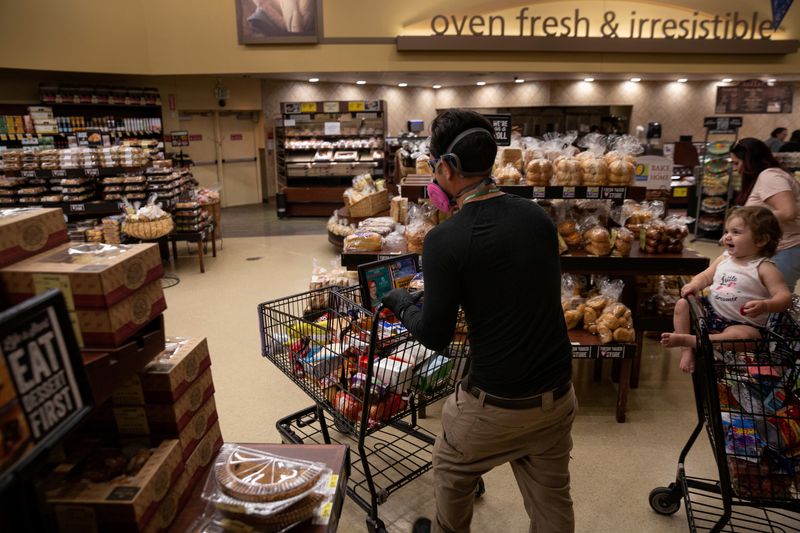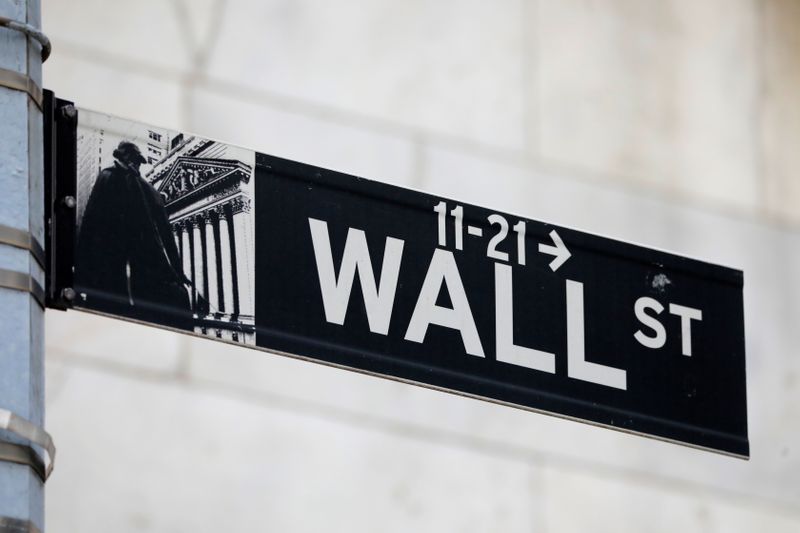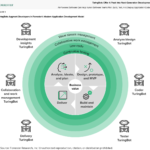
© Reuters. FILE PHOTO: Instacart employee Eric Cohn, 34, navigates a Safeway grocery store while preparing a delivery order while wearing a respirator mask to help protect himself and slow the spread of the coronavirus disease (COVID-19) in Tucson, Arizona, U.S., Ap
By Niket Nishant
(Reuters) -Instacart’s shares jumped as much as 43% in their Nasdaq debut on Tuesday, giving the grocery delivery app a valuation of more than $14 billion days after SoftBank (TYO:)’s Arm Holdings (NASDAQ:) entered Wall Street with a bang.
San Francisco-based Instacart’s IPO was priced at the top end of its $28 to $30 price range, raising a total of $660 million in proceeds, out of which $237 million will go to investors who sold their shares in the offering.
The IPO gave Instacart a valuation of nearly $9.9 billion, a fraction of the $39 billion it was worth in 2021, the company’s last funding round.
Several startups have had to take a cut to their valuations since 2022 as inflation, geopolitical tensions and the Federal Reserve’s rapid rate hikes soured the economic climate.
Instacart’s strong debut, along with those of chip designer Arm and RayzeBio last week, could encourage other startups to test the waters and potentially revive the IPO market after a near 18-month dry spell.
Still, a lukewarm reception to Neumora Therapeutics’ IPO last week hinted at limited investor enthusiasm for new listings, with the market nowhere near the exuberance of 2020 and 2021.
“The IPO market is very much a ‘buyer’s market’ for now, and companies that want to access the IPO market need to be prepared (to offer) that discount (on the IPO price),” said David Erickson, a senior fellow and finance lecturer at the Wharton School of the University of Pennsylvania.
“That discount will reduce if the next several IPOs, including Instacart, price well and continue to trade well,” Erickson added.
Instacart is debuting almost three years after kicking off preparations for going public, with the company’s long slog to Nasdaq featuring some key moments.
Its core business turned profitable in 2022, and the trend has continued in the first six months of 2023, the company disclosed in its regulatory filing last month.
In 2021, its co-founder Apoorva Mehta stepped down after seven years at the helm and named Fidji Simo, the former head of Meta’s Facebook (NASDAQ:) app, its CEO.
Goldman Sachs and J.P. Morgan are the lead underwriters for Instacart’s IPO.








